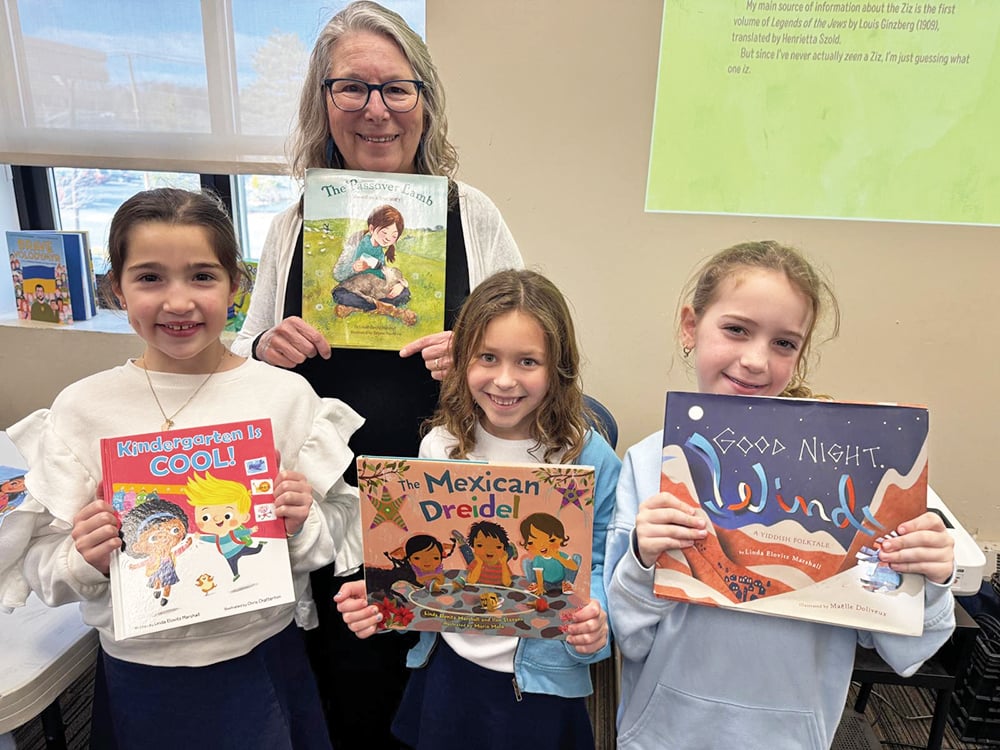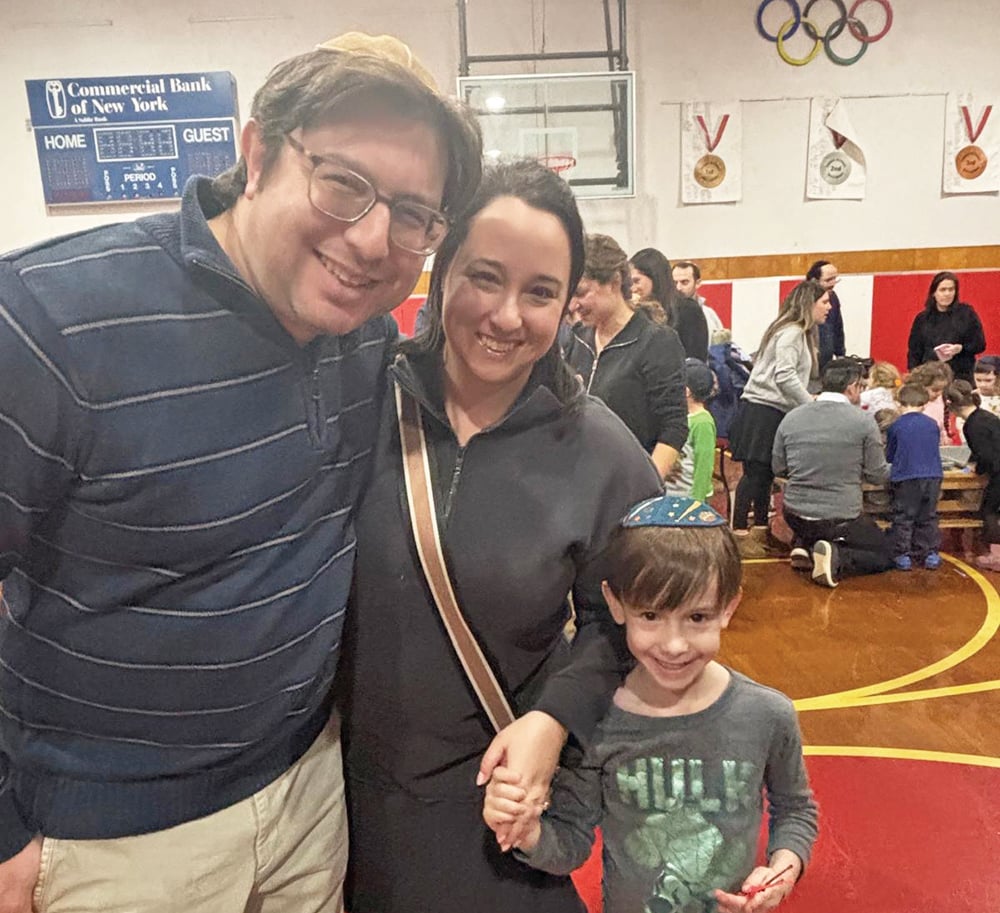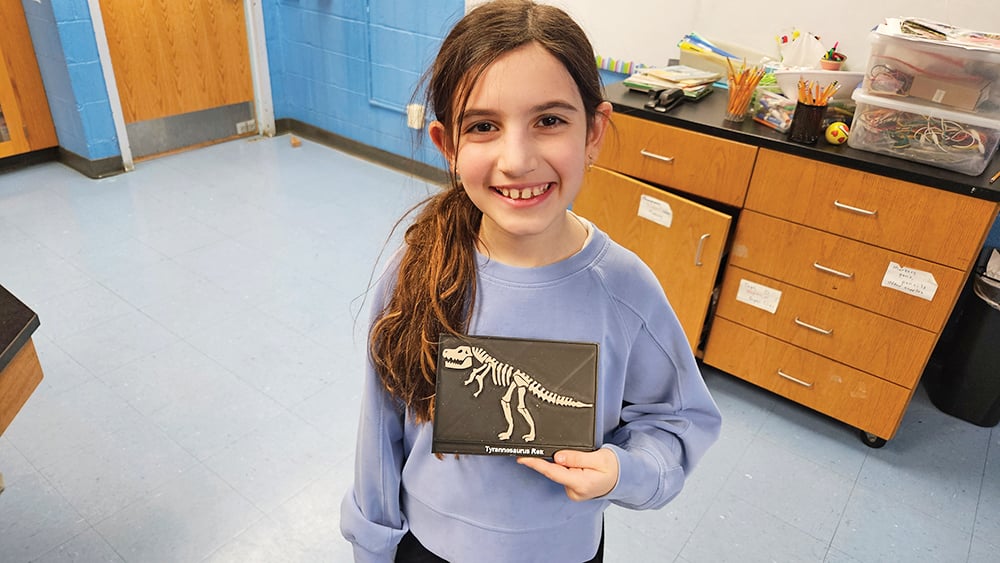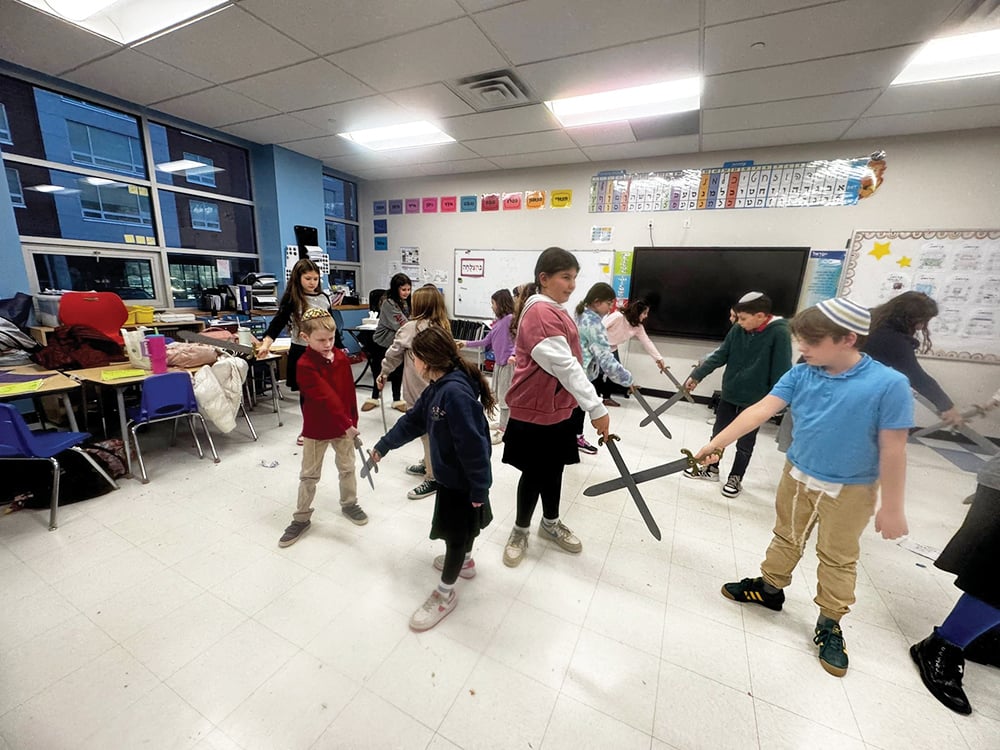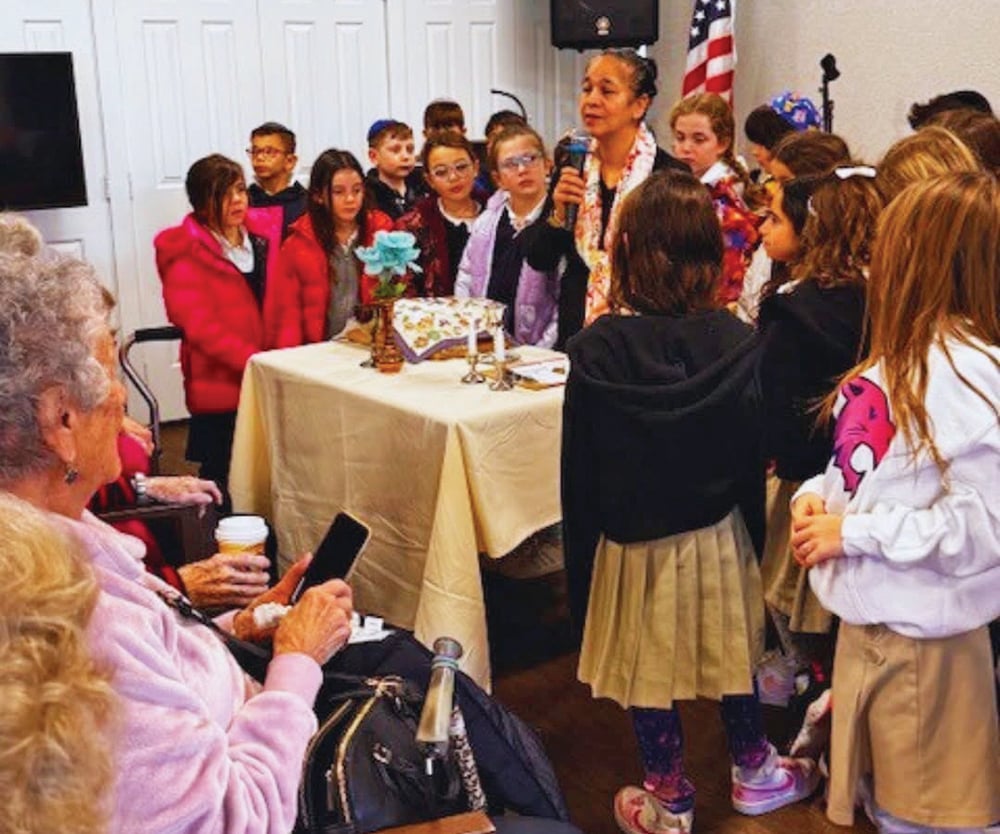Moshe’s father-in-law, Yitro, travels to the desert to meet Moshe and celebrates with him over the great salvation of the Jewish people. The next morning, Yitro finds Moshe sitting in front of a long line of his people who are waiting all day for their turn to ask him their questions. Yitro tells Moshe that this cannot work and proposes a solution: Set up a system of judges, using lower courts to deal with minor or simple cases, and let the challenging cases come to you. This way Moshe will not be overworked, and the people won’t waste all day standing on line. Moshe implements this plan, and all is well. However, we must ask ourselves: Is this not an obvious idea? How could Moshe not have thought to set up such a system?
Moshe’s answer to Yitro when asked why he is doing things this way can help us understand his reasoning: “For the nation comes to me lidrosh Elokim,” to seek God (Shemot 18:15). To Moshe, these are not simply questions that need to be answered—may I ride my donkey on Shabbat, who is responsible if my neighbor’s child broke the tambourine I used after the splitting of the sea, or where can I find my lost sundial. These are opportunities to encounter Hashem, and Moshe wants the people to have as direct a relationship with God as possible. When they see Moshe turn and ask Hashem a question, they see how each law in the Torah comes from Him. When they hear that Hashem revealed to Moshe where they can find their lost object, they see Hashem’s direct involvement in their lives. This is what Moshe wants for the people, so he can’t imagine doing it any other way. Yitro understands this noble idea, but gently convinces Moshe that it cannot work, as ultimately people will tire of waiting all day, and you won’t be able to keep up with the workload either.
We read of a similar exchange between Hashem and Moshe surrounding the revelation at Har Sinai. In our parsha, the people are terrified to hear God’s voice, and they ask Moshe to be the intermediary for them, to transmit His message (Shemot 20:15). When the story is recounted in Devarim 5, we hear that Hashem reassured Moshe that this was a good thing, implying that Moshe was disappointed by the request. Hashem tells Moshe that it would be wonderful if the people maintain this fear of God, as it will help them keep the mitzvot ongoingly throughout their lives.
Moshe has high aspirations for his people: He wants them to hear God’s voice directly, and to be able to get their questions answered straight from the Source. While in each case he accepts that this ideal is not necessarily practical, there is a great deal we can learn from Moshe’s goals for us. When we learn Torah we are hearing God’s voice and using not only our minds but connecting to Hashem and His Torah with our hearts and souls. When we ask questions in halacha, we are seeking Hashem’s guidance in how to live our lives, and when we pray, we are asking for His mercy and involvement in our world. Even today, we are being “doresh Elokim,” seeking God, as Moshe encouraged us to do all along.
Rabbanit Sally Mayer serves as rosh midrasha at Ohr Torah Stone’s Midreshet Lindenbaum in Jerusalem. She is a member of the Mizrachi Speakers Bureau (www.mizrachi.org/speakers).



